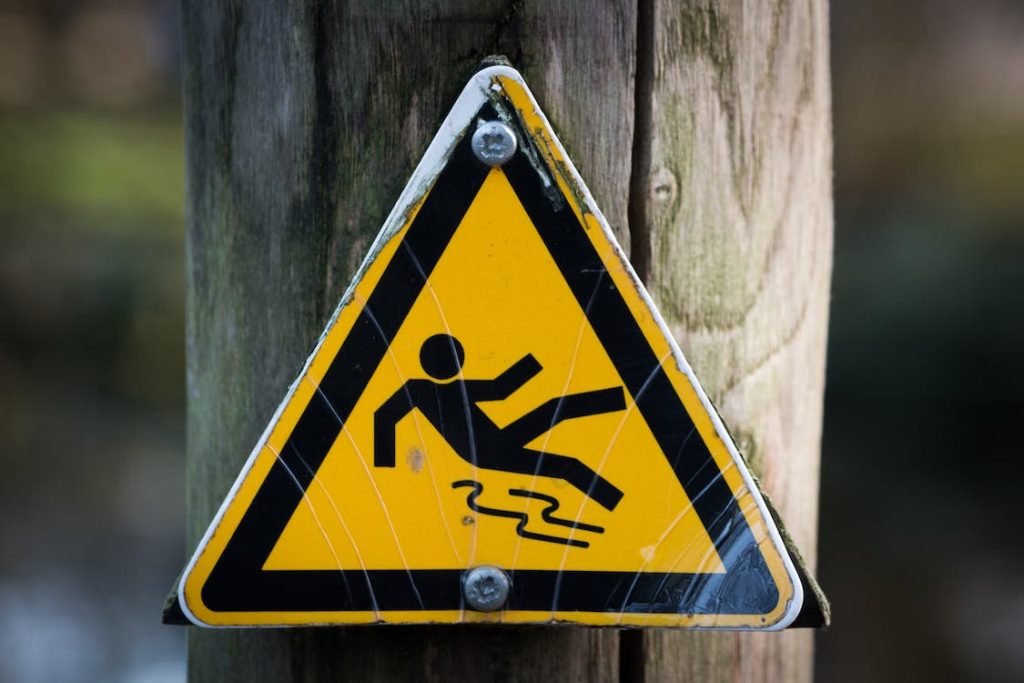There are laws in Northern Ireland that protect and cover workers who get injured at work. However, a preliminary understanding of how those laws apply would still be necessary to start taking the right steps. The following discussion is aimed towards helping injured workers and their family members find the basic info they need to make it happen.

Get to Know the Different Types of Work-Related Personal Injuries
While the exact nature and severity of an injury will vary, most of them can be categorised under a few broad categories. Some of the most common ones would be:
- Slip, trip, and fall injuries.
- Falls from an elevated surface.
- Repetitive strain injuries (carpel tunnel syndrome, HAVS, etc.).
- Projectile injuries.
- Hit by a falling object.
- Workplace noise related hearing loss.
- Dangerous exposure to toxic substances (heavy metals, asbestos, particulates, VOC, etc.).
- Exposure to contaminants (virus, bacteria, parasites, etc.).
- Injuries caused by a malfunctioning or mishandled work equipment.
- Crushing and cutting injuries, generally caused by heavy workplace machinery.
- Emotional and psychological issues that can be traced back to the workplace.
As we can see, the categories are fairly broad here and injured workers often qualify for making claims on multiple grounds. Some injuries like HAVS or asbestos poisoning may not even become prominent enough during the worker’s tenure with the company. They still remain valid cases under the right legal circumstances all the same, even after years.
Always Consult with a Workplace and Personal Injury Solicitor Before Taking a Decision
When injured workers or their surviving family members are unsure whether their health issue(s) can be put forward as a reason for making work injury claims, they should consult with an expert solicitor who specialises in workplace injury claims. P.A. Duffy & Co Solicitors represent injured and/or deceased workers against all instances of workplace injuries and wrongful deaths in both Northern Ireland and the Republic of Ireland.
In fact, legal consultation should always be the first move. People who are not part of the legal profession do not understand how the laws work differently in each case. Therefore, they are far more likely to make a mistake in their judgement without legal aid from an early stage. It is always a bad decision to consider one’s injuries as being too minor, unrelated, or unverifiable without at least consulting with a legal professional first.
Collect and Store All Connected Information
A document that a regular person may consider unrelated or invalid for the case could end up making a huge difference in the case. Therefore, don’t throw away anything even remotely connected to the workplace injury. After consulting with your solicitor, they may ask to see all that you have on the case. The more you have the better. This includes everything from medical reports and prescriptions to health inspection reports, insurance records, and bills.
A final point to note is that workplace injuries are usually claimed against an employer who is in violation of their legal responsibilities towards ensuring employee safety at the worksite. For example, if it was found that the worker received a head injury and he/she was not wearing the hard hat that they were both provided and instructed to wear, the case becomes weak.

